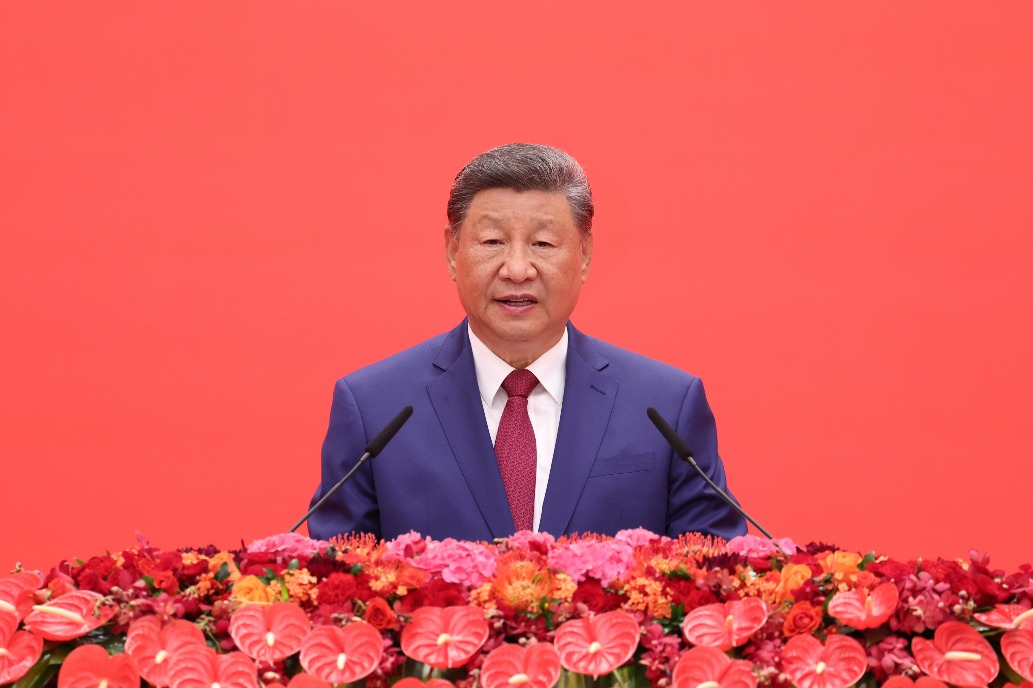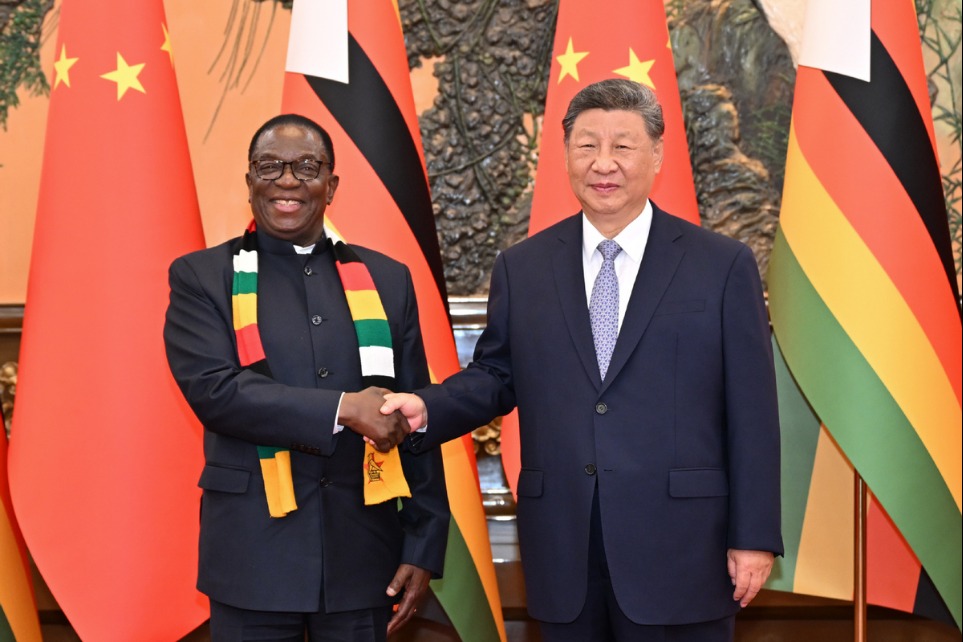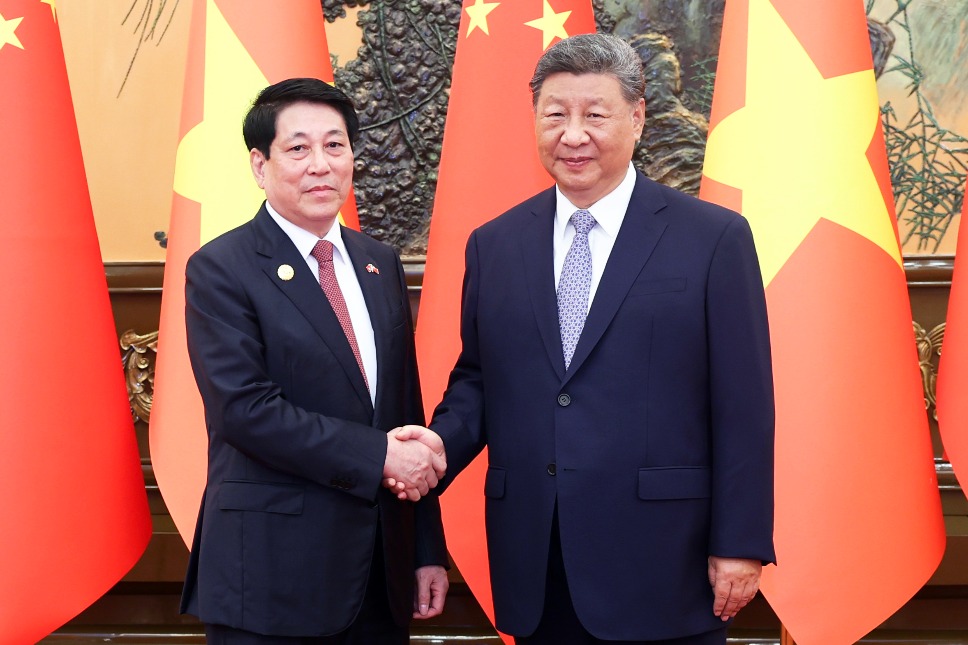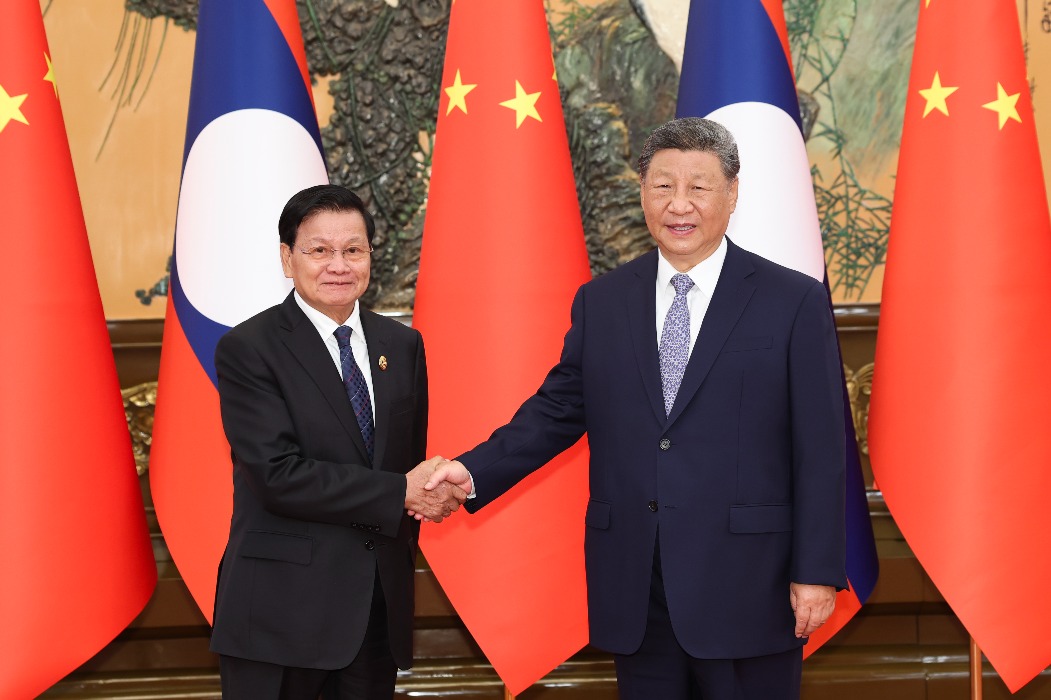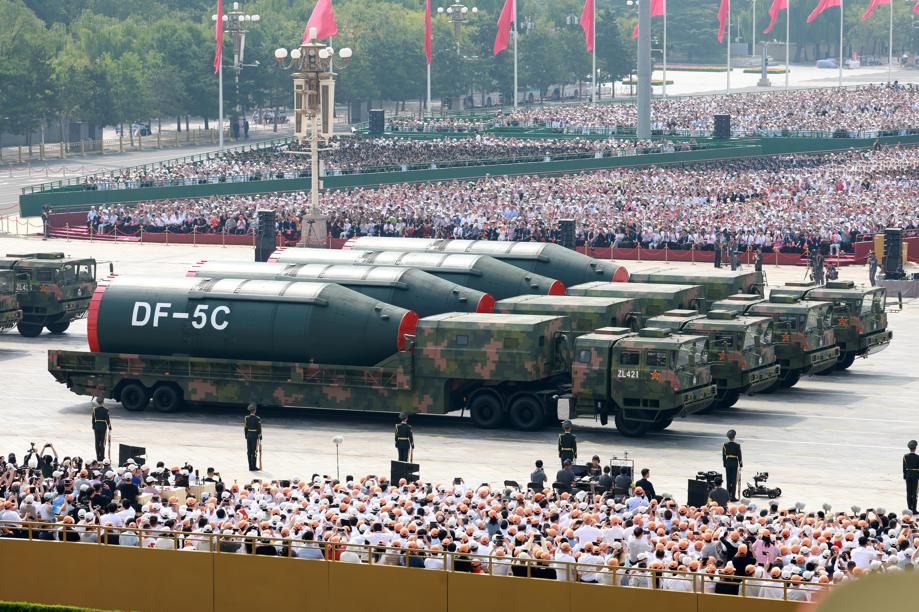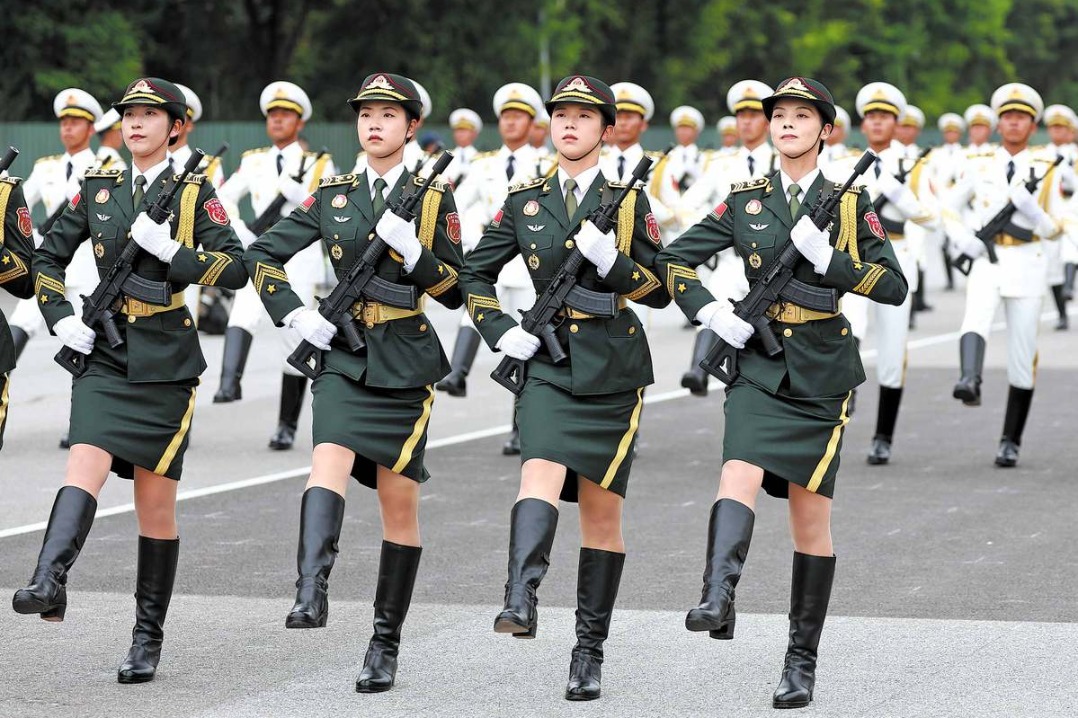Developing a new landscape for opening-up

Forty years after the launch of reform and opening-up, China has reached a new stage of economic development, where it is making efforts to create a new landscape for further opening-up. In the Government Work Report delivered to the National People's Congress on Monday, Premier Li Keqiang said: "China will further expand the scope and raise the quality of its opening-up; the structure, layout, institutions, and mechanism for opening-up will be improved, and we will use high-standard opening-up to generate high-quality development."
Thanks to reform and opening-up, China has achieved an economic transformation unprecedented in human history. China's structural improvement has made it more capable of competing in the global high-quality products' market, instead of just being a producer of inexpensive goods. And the concept of innovative, coordinated, green, open and shared development has helped environmental development, with China making great contributions to the global economy.
But China's economic development and the changing global situations have created some challenges for the country.
The world has viewed China's rise with suspicion, because most of the countries are not familiar with China's unique culture and ideology. Many economies, especially Western economies, even view the Belt and Road Initiative with suspicion. These, along with the rising wave of protectionism and populism in some economies, have created challenges for China, particularly on the trade front. For instance, the United States has imposed high tariffs on several products imported from China, and many of its other trading partners including the European Union. The 10 percent tariff imposed by the US on aluminum imports evoked worldwide concerns over rising protectionism in the US and could be harmful to Sino-US relations.
For China, the limitations of service trade has created obstacles for further development, even though China ranked second in global service trade last year, when its service trade was worth about 4.7 trillion yuan ($740.7 billion).
The obstacles to the development of China's service trade have emerged due to several factors at home and abroad. China's service industry needs a more open environment for development to climb above the medium-low level value chain of the global industry. For instance, China still has 70 service trade-related items on its 2017 negative list. But because of the trade barriers created by various economies and international economic organizations, several merger and acquisition moves by Chinese companies providing high-tech services have been focused on business services, finance, wholesale and retail.
The Belt and Road Initiative is a great channel for China to engage in a more open, fair and inclusive bilateral and multilateral free trade cooperation to realize win-win cooperation.
Still, apart from further opening up its service trade sector, China should also intensify its engagement in cross-border e-commerce, and foster new forms and mechanisms for developing service trade.
Since the marketization of services will make China a more powerful player in trade, consumption and investment, as well as imports and exports, the country should build more free trade zones to promote more open and convenient trade, promote communication and intensify high-tech innovation and development through bilateral and multilateral agreements.
Aside from reducing the service-related items on its negative list to about 40 by 2020, China is also expected to build a more promising environment for business to attract big corporations to the country and develop high-quality trade. For that, of course, China is likely to introduce policies to prevent monopolies from developing, make it easier for corporations to access the domestic market, and further protect intellectual property rights.
In a report to the 19th National Congress of the Communist Party of China in October, CPC Central Committee General Secretary Xi Jinping said China will make more endeavors to ease market access and ensure all businesses registered in China are treated equally, which Premier Li echoed in the Government Work Report on Monday.
China is on way to becoming a modern socialist country that is prosperous, strong, democratic, culturally advanced, harmonious and beautiful. And thanks to its cooperation with the world, China and the rest of the world are set to enjoy the fruits of sustainable economic development.
The author is vice-president of China Institute for Reform and Development.
















